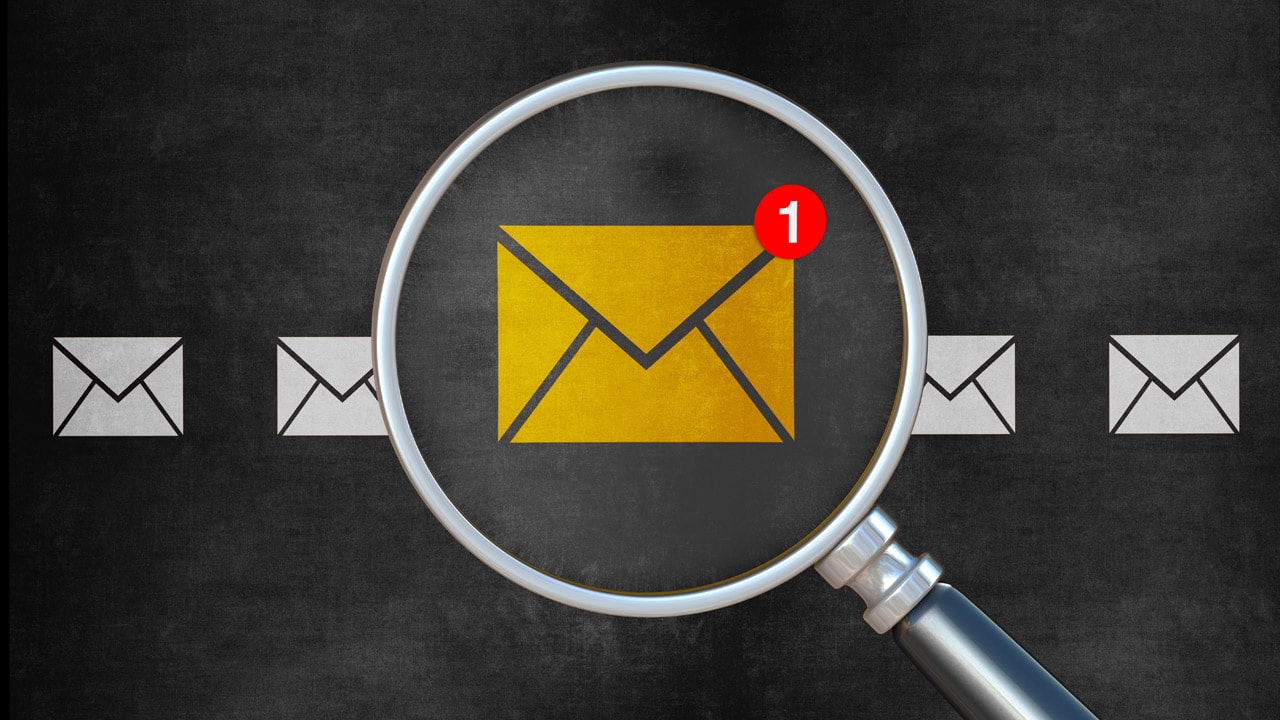Unlock the Secrets Dive into the World of Email Tracing
In today’s digital age, where communication is predominantly carried out online, email remains a vital tool for personal and professional correspondence. However, with the convenience of email comes the potential for misuse, fraud, and even cybercrime. This is where the intriguing world of email tracing comes into play, allowing users to unravel the mysteries behind seemingly anonymous messages and track down their origins. Email tracing involves the process of identifying the sender’s location, Internet Service Provider ISP, and other pertinent details associated with an email message. While it may sound like the stuff of spy movies, email tracing techniques are very real and often employed by individuals, businesses, and law enforcement agencies to investigate fraudulent activities, harassment, and even cyber-attacks. One of the fundamental methods used in email tracing is examining the email headers.

Every email contains a header, which includes essential information such as the sender’s IP address, the route the email took to reach its destination, and timestamps indicating when the message was sent and received. By analyzing these headers, experts can trace the path the email traveled through various servers and pinpoint the sender’s location with remarkable accuracy. Moreover, advanced email tracing techniques may involve the use of specialized software and tools designed to extract and analyze metadata embedded within email messages. Metadata can reveal additional details about the sender, such as their device type, operating system, and email client, providing valuable clues for investigators. Another approach to email tracing is through the use of forensic techniques, which involve delving into the digital fingerprints left behind by the sender. This can include examining the email’s content, attachments, and any embedded links for unique identifiers or patterns that may lead back to the originator.
Furthermore, collaboration with ISPs and other Internet authorities can aid in email tracing efforts. By obtaining subpoenas or legal requests, investigators can compel ISPs to disclose information about the sender, including their account details and connection logs. This cooperation is crucial in cases involving serious offenses such as cyberstalking, fraud, or terrorism. While email tracing can be a powerful tool for uncovering the truth behind anonymous messages, it is essential to approach it ethically and within the bounds of the law. Privacy concerns and regulations vary from country to country, and free IP checker improper email tracing methods may infringe upon individuals’ rights and lead to legal repercussions. Moreover, it is worth noting that email tracing is not foolproof and may encounter limitations, especially when dealing with sophisticated cybercriminals who employ advanced anonymization techniques to conceal their identity. In such cases, forensic experts may need to employ cutting-edge technology and collaborate with law enforcement agencies to overcome these challenges.